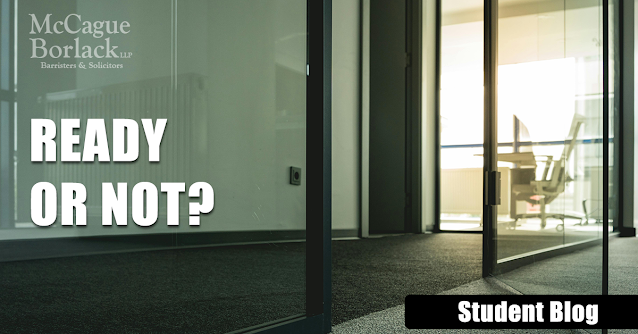My transition from real estate agent to law student has given me a unique advantage in the world of real estate litigation. As a real estate agent, I focused on helping clients navigate property transactions with care and foresight, aiming to address potential issues early and prevent problems before they could escalate.
As a summer student, I experienced, for the first time, what happens when those issues are not resolved.
I had the opportunity to observe a court case involving a contentious real estate sale.
The matter centered on contractual obligations and the interpretation of standard real estate clauses – language I had navigated countless times in my previous career. Seeing these familiar concepts examined so closely in a legal setting was eye-opening and gave me a deeper appreciation for the impact of every word.
This experience made me realize I will be a valuable resource for colleagues and clients on matters focused on real estate litigation. Clients will benefit from an advocate who not only understands the technicalities of contracts and disclosure obligations but also appreciates the realities and pressures of real estate transactions. I can explain the practical application and common industry practices surrounding specific clauses and offer guidance to agents on how best to protect their interests. This support is valuable both in preventing disputes and in resolving them when they occur.
For my colleagues, my background means I can provide clarity on industry norms and flag potential pitfalls that might not be obvious from the legal documents alone. This collaborative approach can lead to more robust strategies, whether we are advising on risk management or preparing for litigation. It is gratifying to know that my practical insights can help inform legal decisions and contribute to positive outcomes for our clients.
This summer has already given me a profound appreciation for how diverse past professional experiences can strengthen legal practice, including in the world of real estate litigation.
by Muskan F.





